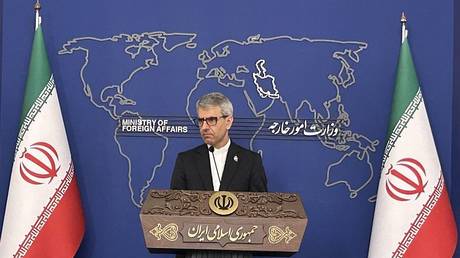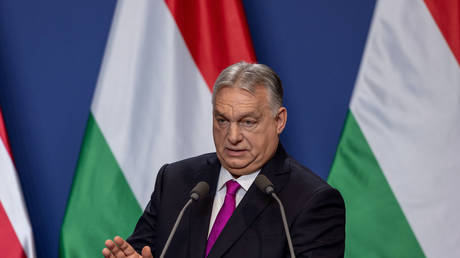
Other experts are skeptical, accusing the OpenAI researcher of “trolling”
The co-founder of a San Francisco-based AI research laboratory claimed in a Twitter post this week that “today’s largest neural networks” could already be “slightly conscious.”
Ilya Sutskever from OpenAI did not clarify what system or systems he was referring to, or how exactly he defines “slightly conscious.”
It is possible he was referring to OpenAI’s GPT-3 – an advanced language processing system developed for translation, question answering, and filling in missing words.
Sutskever’s cryptic tweet quickly engendered a debate among experts in the field, with most remaining skeptical of the idea.
Toby Walsh, a professor of artificial intelligence at the University of New South Wales (UNSW) in Sydney, responded in a tweet saying that “every time such speculative comments get an airing, it takes months of effort to get the conversation back to the more realistic opportunities and threats posed by AI.”
Sutskever was even accused of “trolling” by Thomas Dietterich, an emeritus professor of computer science at Oregon State University, who said, “if consciousness is the ability to reflect upon and model themselves, I haven’t seen any such capability in today’s nets.”
READ MORE: Musk’s Neuralink interface caused ‘extreme suffering’ in monkeys, doctors say
An expert in deep learning technology, Valentino Zocca, agreed with Dietterich, saying the claim about AI being conscious is all “hype.” Meanwhile, software testing expert Michael Bolton mockingly tweeted: “it may be that Ilya Sutskever is slightly full of it.”
Sutskever, who co-founded OpenAI with Elon Musk and current CEO Sam Altman in 2016, has long had a soft spot for so-called artificial general intelligence, which is Artificial Intelligence capable of someday operating at superhuman capacity.
According to the Daily Mail, the researcher once claimed that this kind of advanced AI could either solve “all the problems in the world,” or pave the way for a super-dictatorship.




